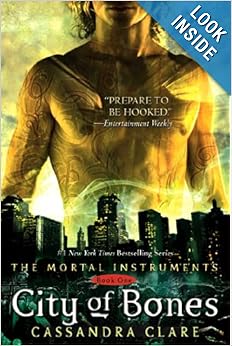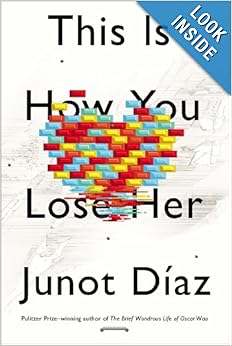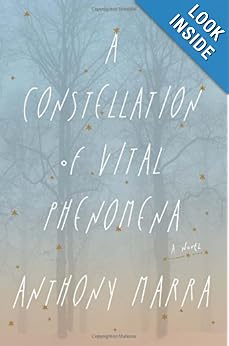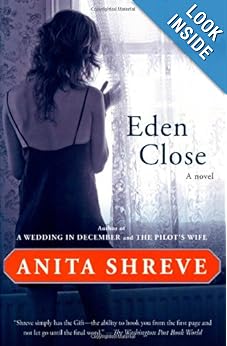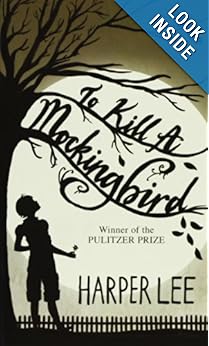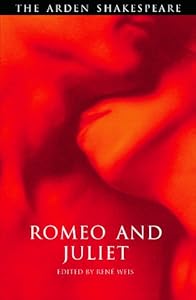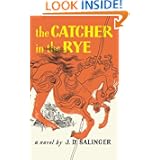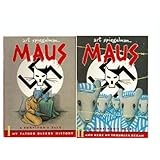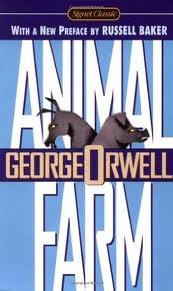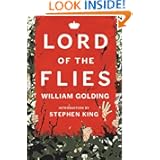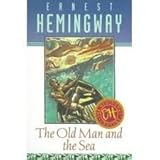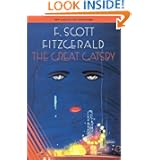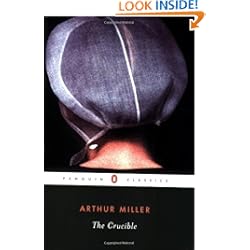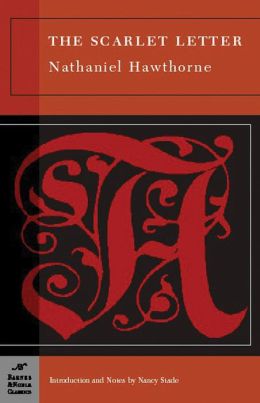"Is there anything I could get for you?" he asked. "Something to drink? Some tea?"
"I don't want tea," said Clary, with muffled force. "I want to find my mother. An then I want to find out who took her in the first place, and I want to kill them."
"Unfortunately," said Hodge, "we're all out of bitter revenge at the moment, so it's either tea or nothing."
At the start of the year I asked my students to write about what their favorite book was and why. The books that had the most votes were put on my To Read List so that I can be hip with the kids and make the connections that might make what I'm teaching them more meaningful. Based on the cover, I would never by this book. Too shiny, too shitty tribal tattooey, too shirtless. I have spent too many years poking fun at my mom's shirtless romance book covers to carry this around, except that I did. FOR THE CHILDREN!
Like all young adult books, it's an incredibly quick read. It weighs in at almost 500 pages, but I read it in a few days which were not particularly reading heavy. The book is incredibly formulaic. One girl. Two guys. Secret world that the girl (and one of the boys) is a part of, but never knew it until her true identity is revealed. Missing parent. Quest to reunite. Mentor. Danger. Romance. Torment. Etc. The secret underworld is predictable when considering what has been popular lately. There are vampires, werewolves, demons, warlocks, pixies, fae, etc.
The twist is in the Shadow Hunters who are part human, part angel, and hunt down demons from different dimensions. Their power comes from training, education, and the magic wands (called a stele) runes that they temporarily tattoo on their body to give them different powers and protection.
It holds up well if you like your characters sarcastic, sexy, and self-absorbed (the Shadowhunters), your love life triangular, and your plot with some rather convenient timing. It made me laugh at time (see above quote), surprised me with its inclusion on topics other young adult novels sometimes leave out (a gay character, teenage drinking, lots of hints about all the sex that is happening in the background), and included some genuine plot twists that I didn't seem coming.
On the other hand, this novel has some SERIOUS problems with how it portrays character development and teenagers. Two female characters spend the entirety of the novel hating each other. A male character later correctly identifies their conflict as being based on teen girl jealousy, which is fine, but it's wrapped up when one girl tells another, "And I guess I resented you at first, but I realize now that was stupid. Just because I've never had a friend who was a girl doesn't mean I couldn't learn how to have one." The other girl replies, "Me too actually." Ummmm, no. Nope. No. No way. Not happening. I work with teenage girls for a living - that is not how they talk and that is not how they conflict solve. That conversation is how teenage girls problem solve in health class when they are forced to do conflict resolution roleplays by adults - and they are rolling their eyes the whole way through I promise.
I am sure the girls will be best best besties in the next two books (did I mention that it's a trilogy?) which I will find annoying throughout. Will I read the next two books? Sure. They're easy reads and I'm still curious about how the characters will turn out. I also have a crush on Clary's best friend who makes Star Wars references and plays D and D, so I really want to see what happens to HIM - the rest of the gang is kind of meh.
"I don't want tea," said Clary, with muffled force. "I want to find my mother. An then I want to find out who took her in the first place, and I want to kill them."
"Unfortunately," said Hodge, "we're all out of bitter revenge at the moment, so it's either tea or nothing."
At the start of the year I asked my students to write about what their favorite book was and why. The books that had the most votes were put on my To Read List so that I can be hip with the kids and make the connections that might make what I'm teaching them more meaningful. Based on the cover, I would never by this book. Too shiny, too shitty tribal tattooey, too shirtless. I have spent too many years poking fun at my mom's shirtless romance book covers to carry this around, except that I did. FOR THE CHILDREN!
Like all young adult books, it's an incredibly quick read. It weighs in at almost 500 pages, but I read it in a few days which were not particularly reading heavy. The book is incredibly formulaic. One girl. Two guys. Secret world that the girl (and one of the boys) is a part of, but never knew it until her true identity is revealed. Missing parent. Quest to reunite. Mentor. Danger. Romance. Torment. Etc. The secret underworld is predictable when considering what has been popular lately. There are vampires, werewolves, demons, warlocks, pixies, fae, etc.
The twist is in the Shadow Hunters who are part human, part angel, and hunt down demons from different dimensions. Their power comes from training, education, and the magic wands (called a stele) runes that they temporarily tattoo on their body to give them different powers and protection.
It holds up well if you like your characters sarcastic, sexy, and self-absorbed (the Shadowhunters), your love life triangular, and your plot with some rather convenient timing. It made me laugh at time (see above quote), surprised me with its inclusion on topics other young adult novels sometimes leave out (a gay character, teenage drinking, lots of hints about all the sex that is happening in the background), and included some genuine plot twists that I didn't seem coming.
On the other hand, this novel has some SERIOUS problems with how it portrays character development and teenagers. Two female characters spend the entirety of the novel hating each other. A male character later correctly identifies their conflict as being based on teen girl jealousy, which is fine, but it's wrapped up when one girl tells another, "And I guess I resented you at first, but I realize now that was stupid. Just because I've never had a friend who was a girl doesn't mean I couldn't learn how to have one." The other girl replies, "Me too actually." Ummmm, no. Nope. No. No way. Not happening. I work with teenage girls for a living - that is not how they talk and that is not how they conflict solve. That conversation is how teenage girls problem solve in health class when they are forced to do conflict resolution roleplays by adults - and they are rolling their eyes the whole way through I promise.
I am sure the girls will be best best besties in the next two books (did I mention that it's a trilogy?) which I will find annoying throughout. Will I read the next two books? Sure. They're easy reads and I'm still curious about how the characters will turn out. I also have a crush on Clary's best friend who makes Star Wars references and plays D and D, so I really want to see what happens to HIM - the rest of the gang is kind of meh.
